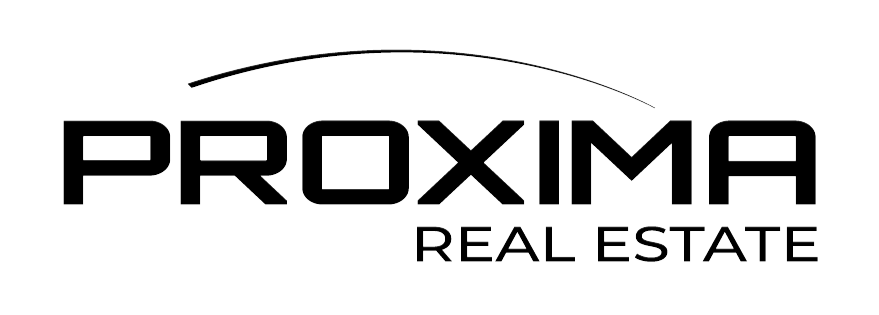As the end of your rental lease approaches, you might be considering whether it's time to buy a home. The debate around buying and renting has enduted in the realm of real estate. Understanding your financial readiness is crucial before making this significant decision. Here’s how you can evaluate if you're in a good position to transition from renting to owning a home in Kenya.
According to recent data, many renters might not be aware of their potential to buy a home. If you’re among those contemplating homeownership, here are two key financial factors to consider:
- Check Your Credit Score
Your credit score is a crucial factor in determining your eligibility for a mortgage and the interest rates you’ll be offered. Checking your credit report regularly helps you understand your financial standing and identify areas for improvement.
Many potential buyers avoid checking their credit due to concerns about negatively affecting their score. However, it's important to monitor your credit to ensure you are prepared for mortgage applications. A higher credit score generally translates to better loan terms and lower interest rates.
- Assess Your Debt-to-Income Ratio
Your debt-to-income (DTI) ratio is a significant factor that lenders consider when evaluating your mortgage application. It compares your total monthly debt payments to your gross monthly income. A high DTI ratio might indicate to lenders that you could struggle with additional mortgage payments. To calculate your DTI ratio, add up all your monthly debt payments—such as car loans, student loans, and credit card payments—and compare this total to your gross income. The lower your DTI ratio, the more favorable your mortgage application will look.
A common guideline is the 28/36 rule: ideally, you should spend no more than 28% of your gross income on housing expenses and no more than 36% on total debt. However, some lenders in Kenya might accept higher ratios, depending on the loan program. For instance, if you earn Ksh. 100,000 monthly and have KSh. 10,000 in existing debt payments, following the 36% rule would mean you could afford a mortgage payment of up to KSh 36,000. Some lenders might allow a higher DTI ratio, which could increase your mortgage affordability.
Plan Your Next Steps
Additional factors such as the cost of property, down payment amount, property taxes, homeowners insurance, and possible homeowner association fees also impact your affordability. Consulting with a mortgage advisor or real estate professional can help you navigate these factors and create a clear plan for homeownership. As many experts suggest, obtaining a preliminary prequalification from a lender can be a smart first step. This process will help you understand if it’s worthwhile to proceed with more detailed financial assessments.
With a home buying surge in Kenya, one needs to be responsibly in deciding to join the trend. Evaluating your financial readiness is essential in making an informed decision about buying a home. By understanding your credit score, debt-to-income ratio, and overall financial situation, you can better prepare yourself for the journey to homeownership in Kenya.
Also read: Our guide on Buying vs Renting
